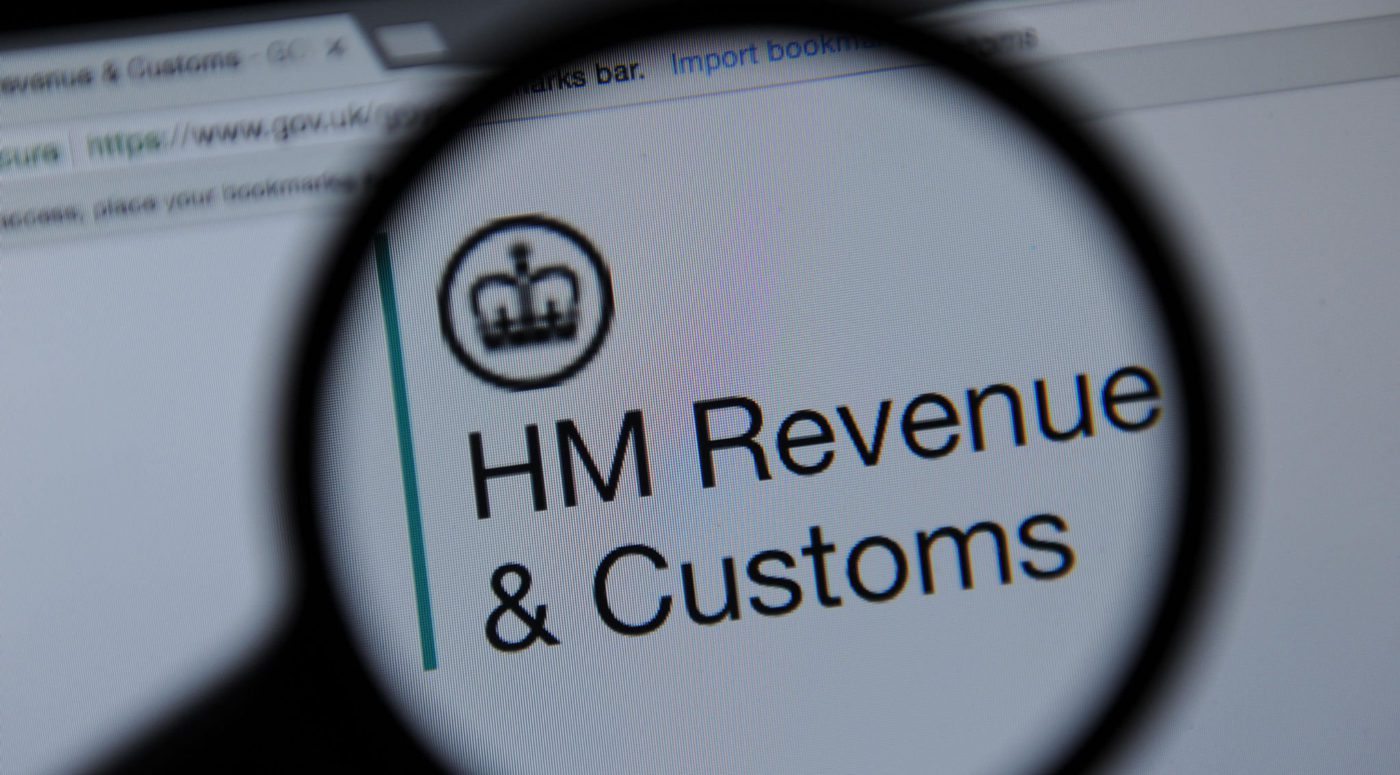

Tax evasion – also known as revenue fraud – is a very serious offence that the courts in England and Wales do not take lightly. Facing conviction for tax evasion can be an intimidating and anxiety-inducing experience, especially if it’s your first encounter with the legal system. If the uncertainty of what lies ahead is leaving you feeling overwhelmed, you’re not alone. In this article, we’ll delve into the offence of tax evasion in England and Wales, shedding light on what this offence entails, offering some examples, and addressing some of the most common questions individuals have when facing such charges.
What is the offence of tax evasion?
Tax evasion involves deliberately and unlawfully reducing your tax liability. Depending on the circumstances, you could be charged under common law, the Customs and Excise Management Act 1979, the Taxes Management Act 1970, the Theft Act 1968, and/or the Value Added Tax Act 1994. Most people’s cases will, however, fall under Section 1 of the Fraud Act 2006.
To secure a conviction for tax evasion, the prosecution needs to prove:
- Dishonesty – the prosecution must prove that the accused acted dishonestly. This means that the individual knowingly and intentionally engaged in actions aimed at evading taxes, such as underreporting income, inflating expenses, or concealing assets, with the intent to deceive tax authorities.
- Tax liability – tt must be established that the accused had a tax liability. In other words, the person owed taxes to HM Revenue and Customs (HMRC) but attempted to avoid paying the full amount legally owed.
- An act or omission – tax evasion can involve both affirmative actions (acts) and omissions (failures to act). For instance, not reporting income or failing to file tax returns when required can constitute tax evasion.
- Wilful blindness – even if an individual claims to be unaware of their tax obligations or relies on others for tax matters, the prosecution can argue that they were willfully blind to their responsibilities. This means that they deliberately avoided gaining knowledge about their tax affairs, which can still be considered as a form of dishonesty.
- Intent – the prosecution must demonstrate that the accused acted with the intent to evade taxes unlawfully. Intent is a crucial element, as tax evasion typically involves deliberate and calculated actions.
Tax evasion cases vary in complexity, and the specific facts and circumstances surrounding each case will influence how these elements are applied. The best thing to do is seek legal counsel from a qualified tax solicitor if you are facing tax evasion charges in England and Wales. A good solicitor will help you navigate the legal process, build a strong defence, and ensure your rights are protected throughout the proceedings.
What are some examples of tax evasion?
Examples of this offence include:
- Failing to report or hiding sources of income
- Overstating deductions, exemptions or credits
- Hiding money in offshore bank accounts
- Using complex shell corporations or trusts to obscure ownership of assets or income
- Dealing extensively in cash to avoid paper trails
- Keeping two sets of books to hide true income/expenses
- Lying about or falsifying records to lower taxable income
- Abusing charitable deductions by overvaluing non-cash donations
What happens if you are suspected of committing tax evasion in the UK?
Being suspected of tax evasion can lead to a series of legal and financial consequences. Here’s an overview of what may happen if you are under suspicion for tax evasion in the UK:
- Investigation by HMRC – when HMRC suspects tax evasion, they will initiate an investigation. This can involve a detailed review of your financial records, interviews with you and potentially others involved, and an examination of any evidence suggesting fraudulent activity.
- Interview with HMRC – you may be asked to participate in interviews with HMRC officers. These interviews are conducted under caution, meaning that anything you say can be used against you in a criminal prosecution. It is highly advisable to have legal representation present during these interviews to protect your rights and provide guidance.
- Information gathering – HMRC has extensive powers to obtain information, including bank records, documents, and witness statements, to build a case against you if they suspect tax evasion.
- Settlement or prosecution – depending on the strength of the evidence and the seriousness of the alleged evasion, HMRC may give you the opportunity to settle the matter by paying any outstanding taxes, penalties, and interest. If you accept the settlement, criminal proceedings may be avoided. However, if HMRC believes there is sufficient evidence, they may choose to pursue criminal prosecution.
- Criminal proceedings – if HMRC decides to pursue criminal prosecution, you may face charges related to tax evasion fraud. This can lead to a criminal trial in court.
- Possible conviction – if you are found guilty of tax evasion, you can face penalties, fines, and even imprisonment, depending on the severity of the offence. The exact penalties will vary based on the circumstances of your case.
- Recovery of tax owed – regardless of whether you are criminally prosecuted, HMRC will seek to recover any unpaid taxes, along with penalties and interest. They have the authority to use various methods to collect these debts.
- Professional repercussions – a conviction for tax evasion can have significant professional and reputational consequences. It may impact your ability to work in certain industries or professions, particularly those requiring financial responsibility.
If you are suspected of tax evasion, it is highly recommended that you consult a qualified tax solicitor who can provide guidance on how to handle the investigation and any potential legal proceedings.
What is the sentence for tax evasion in the UK?
The sentence for tax evasion as a type of fraud under the Fraud Act 2006 can go up to 10 years’ imprisonment, even for first-time offenders, in the most serious of cases. The sentence range for most offenders, however, will likely be somewhere between a low level community order and 8 years’ custody, according to the Sentencing Council.
Aggravating elements such as targeting vulnerable victims or involvement in organised crime can lead to substantially harsher penalties, with judges considering considerable harm inflicted on victims as another factor that extends sentences. Larger-scale frauds also tend to result in longer prison terms, and repeat offenders typically face more severe sentences compared to first-time offenders. Conversely, mitigating factors can lead to less punitive measures, such as conditional discharges, community service, curfews, or probation, particularly in minor first-time cases. The court aims to strike a balance between punitive measures and rehabilitation, taking into account the unique circumstances of each case.
Are there any defences to tax evasion?
Potential defences include:
- Lack of intent – if the accused can demonstrate that their actions leading to tax evasion were accidental or lacking fraudulent intent, this could serve as a strong defence.
- Mistaken calculation – in some instances, individuals may argue that they made mistakes in their tax calculations, which led to an unintended underpayment of taxes. Proving that any discrepancies were genuine errors and not deliberate attempts to evade taxes can be a valid defence.
- Good faith belief – if the accused can show that they genuinely believed they were complying with tax laws or that they acted in good faith, thinking their actions were within the legal boundaries, it may be a defence against criminal intent.
- Reliance on professional advice – in some cases, individuals may have relied on advice from tax professionals or accountants when preparing their tax returns. If they can prove that they reasonably relied on this advice and were unaware of any fraudulent activities, it could serve as a defence.
- Errors in tax assessment – disputing the accuracy of tax assessments by HMRC and providing evidence that the tax owed was incorrectly calculated can also be a potential defence.
- Identity theft – if the accused can prove they were victims of identity theft and were unaware of fraudulent activities committed in their name, this can serve as a compelling defence.
Consulting with an experienced tax solicitor is crucial in evaluating the viability of these defences and navigating the complexities of tax evasion cases.
Will I go to prison if it is my first time committing tax evasion?
The consequences for first-time tax evasion offenders are contingent upon a range of factors. Minor offences or cases involving unintentional tax evasion may result in alternative penalties rather than immediate imprisonment. These alternatives can include conditional discharges, community service, fines, or probation.
However, the severity of the offence, the amount of tax evaded, and the presence of aggravating factors play pivotal roles in determining sentencing outcomes. In more serious cases or when significant amounts are involved, even first-time offenders may face custodial sentences. The discretion of the judge and the unique circumstances of each case guide the ultimate penalty decision.
Where to get further help
If you are facing a charge or prosecution for tax evasion, it is vital that you get help from an experienced tax evasion solicitor at the earliest opportunity. Having the right legal representation in place from the start makes a huge difference. Contact the team at Stuart Miller Solicitors today for a free consultation about your options.
OUR COMMITMENTS TO YOU:
-
Responsive
A legal expert will consult you within 24 hours of making an enquiry.
-
Empathetic
We will always treat you with trust, understanding and respect.
-
Specialised
Your case will be handled by an expert who specialises in your type of offence.
-
Proactive
We will take early action to end proceedings as soon as it is practically and legally possible to do so.
-
Engaged
You will be kept updated on your case at all times. We will provide a named contact available to answer your questions.
-
Caring
We understand this is a difficult and stressful time for you and your family. Our team will support you every step of the way.
-
Tenacious
We will never give up on your case. We fight tirelessly to get you the best possible outcome.

